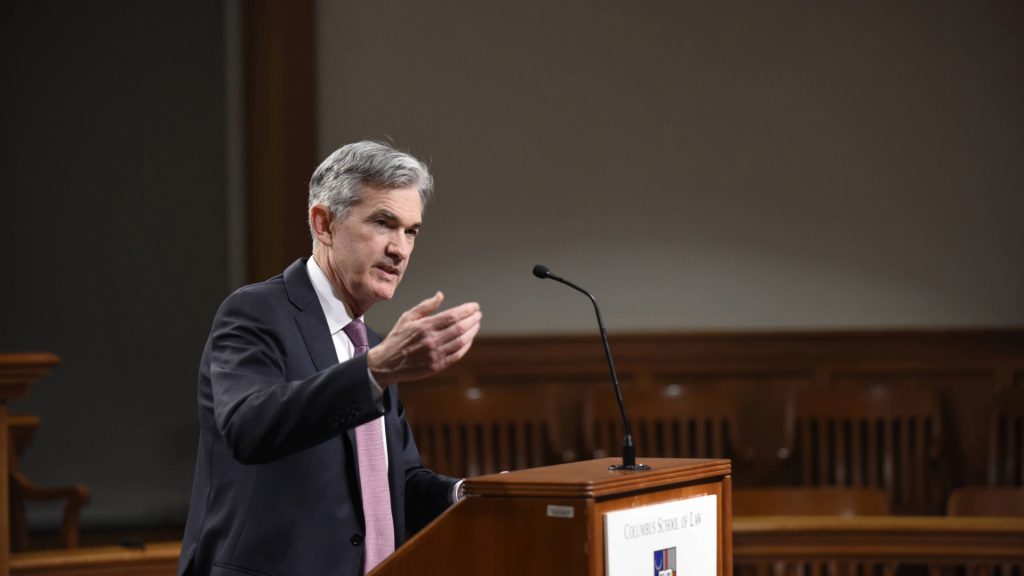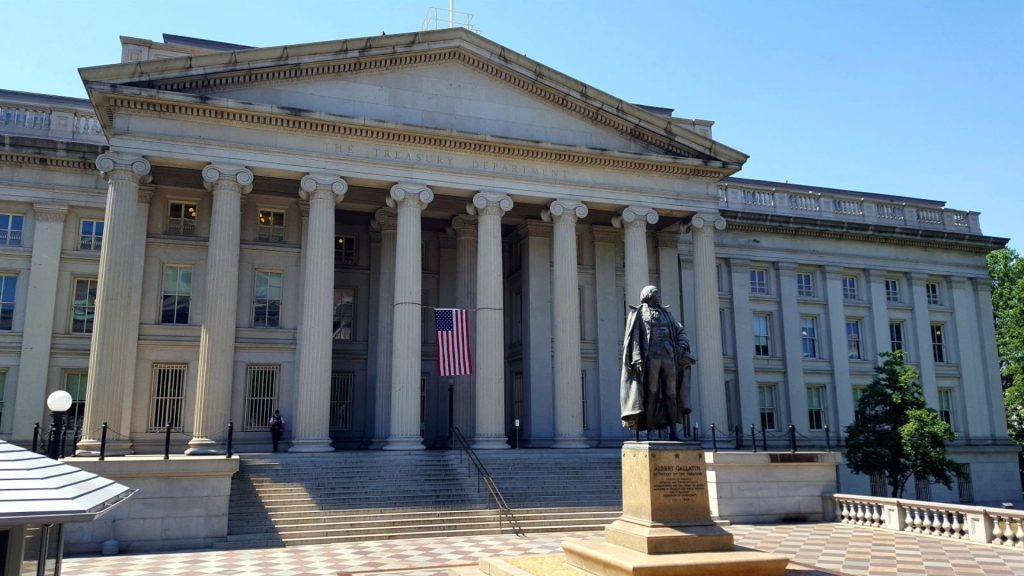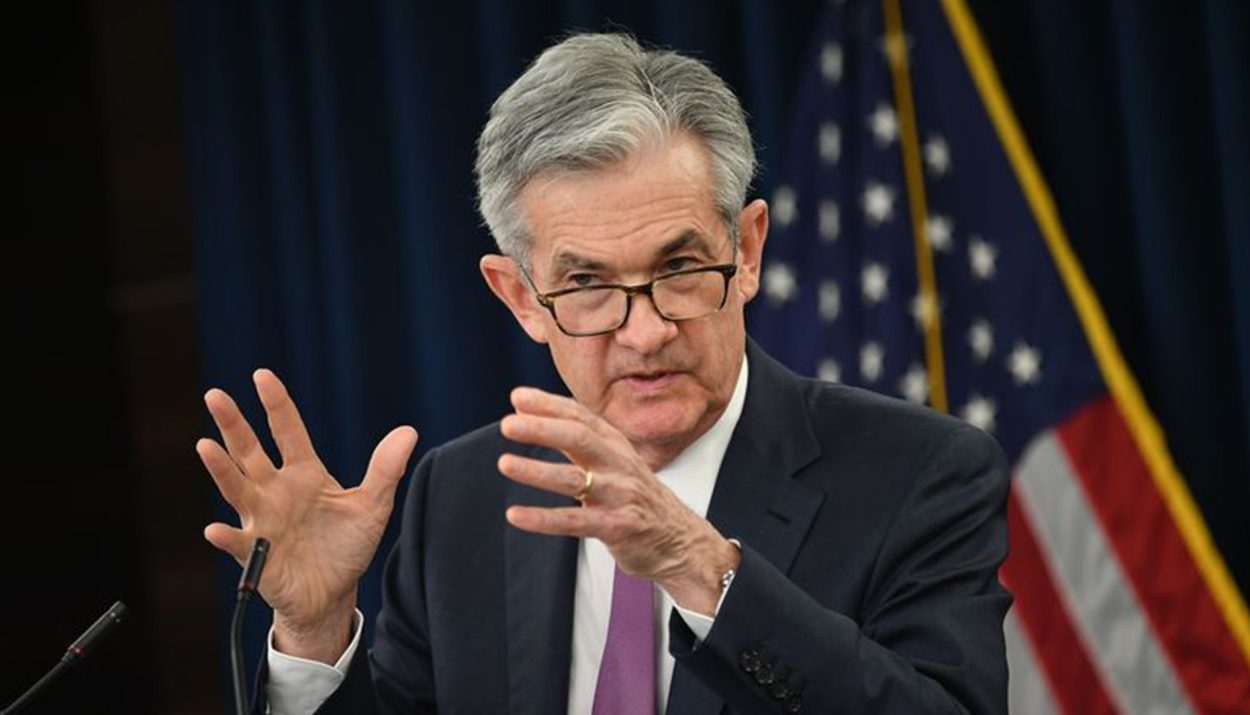Recent reports show that the forecast of home prices in the U.S. has drastically changed within a matter of months. The data projected a 2.5% increase in 2024, but recent reports project an increase of only 0.5% through 2025.
An Analytical Breakdown Of Two-Year Projections Of Home Price Increases
The latest information provided by Freddie Mac reportedly shows a significant difference just between March and April forecasts. For instance, the forecast in March predicted that home prices would increase by 2.5% in 2024.

The same data showed that home prices would increase by 2.1% in 2025 alone. However, recent reports show that those prices will only increase 0.5% in either year.
Why Prospective Buyers Should Not Get Too Excited Too Quickly
It is understandable why prospective home buyers may be excited by this news. Such a significant decrease of a projected spike may seem to make a substantial impact on budget constraints when buying a new home.

However, the overall picture of the real estate market is still struggling when it comes to overall availability. Even with the lower projected price increase, there are still higher-for-longer interest rates and limited available inventory to consider.
Real Estate Challenges Expected To Persist Throughout 2024, Claims Freddie Mac
Freddie Mac referenced the real estate market-related challenges in a statement released earlier this month. It acknowledged that the “housing demand is solid due to a large share of Millennial first-time homebuyers looking to buy homes.”

However, Freddie Mac added that “they are challenged by high mortgage rates and a lack of homes available for sale.” It further confirmed that the company expect “these challenges to persist in 2024.”
The ‘Absence Of Significant Rate Cuts’ Plays A Key Role In Current Challenges
According to Freddie Mac, “the absence of significant rate cuts” plays an integral role in the persistence of the market-related challenge in 2024. That absence “will keep the rate-lock effect in place.”

In addition, Freddie Mac claims that it will “keep total home sales volume below five million in 2024.” As a result, the main difference between the projections in March and the recent data is within the rates outlook itself and when the Federal Reserve may start to ease off a bit.
Fed Chair Confirmed Rates Would Stay Consistent ‘For As Long As Needed’
Federal Reserve Chair Jerome Powell stated that recent reports show a lack of any further progress made on inflation. He spoke during a recent panel discussion at the Wilson Center in Washington alongside Tiff Macklem, the Bank of Canada governor.

Powell did not hesitate to speak about what would happen if pricing pressures persist. He stated that the Federal Reserve could keep rates consistent “for as long as needed.”
Powell: ‘We Need Greater Confidence In Inflation’ Before Considering Lower Rates
Powell stated that “we need greater confidence in inflation before considering lowering interest rates.” He did acknowledge that the U.S. economy has proven to be robust within the past year, though.

He emphasized that there was increasing momentum noticed within the 3-month and 6-month periods. However, he did confirm that the 12-month core PCE inflation was relatively unaffected in March at 2.8%.
Powell Claims It Is ‘Appropriate To Let Restrictive Policy Take Further Time To Work’
Powell further claimed that “it is appropriate to let restrictive policy take further time to work.” He added that the “recent data has not given us greater confidence that inflation is heading towards the 2% target.”

According to Powell, the current policy is in the proper position to retain the existing economic conditions. If the labor market becomes substantially weaker, then the Federal Reserve would have a “significant space to ease.”
Policy-Sensitive, Two-Year Treasury Yields Met 5% Psychological Mars
Multiple reports confirm that two-year Treasury yields that were policy-sensitive have reached the 5% psychological mark in response to Fed Chair Powell’s remarks. Yields recorded for shorter-dated U.S. Treasuries are reportedly close to the highest level that they have been at since mid-November 2023.

Traders have apparently furthered trim rate cut bets. Current forecasts project that the market will price less than 40 basis points of its cumulative rate cuts by the end of the year.
Fixed-Rate Mortgage For 30-Year Period Exceeded 7% For The First Time This Year
The fixed-rate mortgages for 30-year periods have reportedly exceeded 7%. This is the first time that this has occurred so far this year.

Treasury yields have also climbed as well along with the 10-year rate that reportedly topped 4.6%. These recent developments have apparently been viewed as a primary catalyst for the big downgrade of the housing market outlook.
Federal Rate Cuts Could Begin This Summer, Mortgage Rate To Stay Above 6.5%
The Federal rate cuts could start to appear in reports as soon as this summer. Multiple reports project that the mortgage rate will stay above 6.5% throughout the second quarter.

However, the data also shows that the rate is expected to drift lower in the final two quarters of the year.
First-Time Homebuyers Are Expected To Still Flood The Housing Market
First-time homebuyers are still expected to flood the real estate housing market throughout the United States. This will continue to be the case even though inventory and availability will still be tight.

The April outlook no longer features those predictions. However, Freddie Mac claims that the Federal Reserve is currently in a “wait and see” pattern and will remain there before it starts to ease.
Cost Of Home Ownership At All-Time High, Reports Claim
As mentioned, the average 30-year fixed mortgage rate reached approximately 7.5%, according to recent reports. That was the highest rate that has been noticed so far this year.

A data journalist with Redfin recently wrote about the housing market update and referenced this within their report. According to the journalist Dana Anderson, the spike was caused by a “hotter-than-expected inflation report and the Fed’s confirmation that interest rate cuts will be delayed.”
Redfin CEO Claimed Prospective Buyers That Held Out Last Year Are Losing Patience
Redfin CEO Glenn Kelman referenced the behaviors of prospective buyers that held out last year before buying a home. According to Kelman, they are now losing patience and are tired of waiting.

He also referenced that millennials that decided to delay starting their families have a limited time left before they lose patience as well. He claimed that he had never experienced anything like this in the past, referring to it as the “worst situation” for the U.S. housing market.
‘Housing Is In This Recession, And The Rest Of The Economy Is Booming’
Kelman reported that the “housing is in this recession.” On the other hand, he acknowledged that “the rest of the economy is booming.”

Redfin describes itself as a technology-powered real estate company that focuses on providing a modern alternative for buying and selling homes. Kelman has been the CEO of Redfin for nearly two decades.






